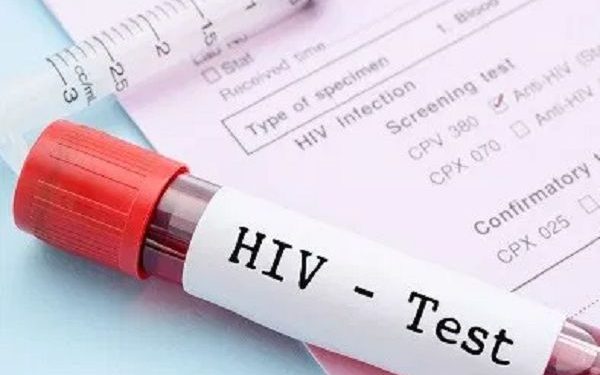
HIV Self Testing Confirms 239 Positive Cases Nationwide – GHANET
The Ghana HIV and AIDS Network (GHANET) reports that out of 140,000 kits given out during the self-testing program that was piloted in 50 districts nationwide, 239 HIV-positive cases were identified.
Of that total, 202 individuals, or 72% of the population, were female, and 28% of the population was male. Of those, 37 had not taken advantage of care because they were denied it.
These results came from the HIV self-testing initiative that the National AIDS Control Programme (NACP) and the Ghana HIV and AIDS Network (GHANET) were piloting.
In July 2023, the HIV Self-testing project was introduced in an attempt to meet the UNAIDS 95-95-95 targets by 2030.

The goal of the effort was to reach those who would never visit a health facility to find out their status. It also enables people to take private tests in the privacy of their own homes.
As per the results, a higher percentage of women—60%—were contacted, out of which 40% were men.
According to the report, a considerable proportion of all confirmed positive cases were identified as belonging to the age range of 20 to 44, with the biggest age group associated with care being between 20 and 34, accounting for 49% of instances.
The main demographic targeted, according to Mr. Ernest Amoabeng Ortsin, President of GHANET, was students, petty traders, farmers, beauticians and seamstresses, fish farmers, and fishmongers, among others.
He explained that because the self-test process was meant to be confidential, these individuals were reluctant to confirm their test out of fear of being stigmatized.
“Positive persons who had not been linked to care for treatment are still in denial, ignorance, some have travelled, unwillingness to visit health facility and baseline cost of treatment. These are the biggest challenges to the pilot programme.”
Mr Ortsin said despite the challenge the initiative had put 202 people who otherwise would not have known their status on treatment and was hopeful that many more would link themselves to health facilities.
The GHANET President called for more funds to significantly scale up the initiative nationwide.
“In Ghana, it is estimated that 100,000 people are living with HIV but are not aware so projects such as this are contributing towards finding that number. If we scale it up it means we will be getting more of such people, going forward we have to support these 202 people to achieve viral load suppression,” Mr Ortsin added.
Dr Stephen Ayisi-Addo, Programme Manager, NACP, commended GHANET for the effort in getting 202 persons into care and treatment.
“ We need to do more and let the people know that HIV is no more a death sentence and we need to run home that message so that people will be free to get to know their status and be on treatment like diabetes and hypertension.”
He said: “We are going to scale up and I think they have done well because it was a hundred thousand (100,000) target, which means they can do more, it is left for us to get the commodities for them.
“If we have strong evidence of impact then programmatically we can continue to justify funding together with our partners so there will be money for that and given the results I am seeing, we are in a good position to make a case,” he added.
Mr Ayisi-Addo said the next phase of the programme would identify the male population, saying: “We know generally that the health-seeking behaviour of men is lower compared to females. The men will not come to the clinic at all, so we need to get into the communities and focus on them.”
He encouraged GHANET and partners to begin looking at that aspect because the programme identified that men were being left behind.
He assured them of the NACP’s readiness to partner with stakeholders in the HIV and AIDS response to achieve set targets.
The Programme Manager said to sustain the programme, several interventions would be put in place to ensure sustainability, adding that the programme would begin to focus on the District Assembly Common Fund allocation for HIV to support in that regard.




